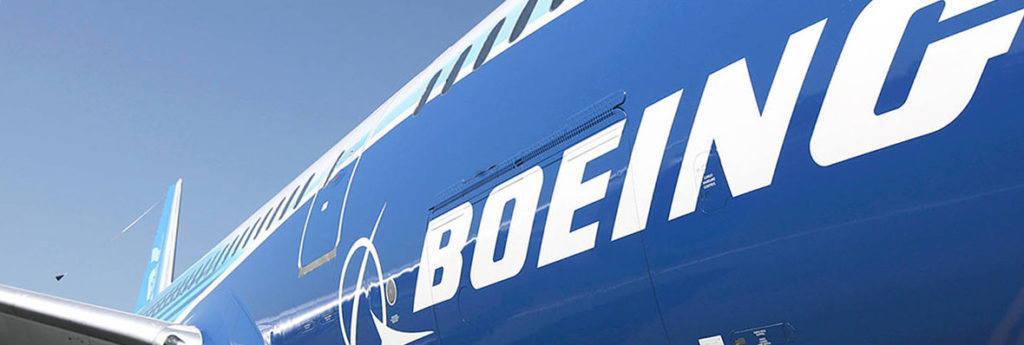Boeing may cut production of the grounded 737 Max jet or temporarily stop making it after being told that its timetable for a return to the skies was not realistic, according to a published report Sunday.
The Wall Street Journal reported that Boeing’s board would consider the moves at a meeting that began Sunday and would run into Monday. The newspaper, citing people it did not identify, said management is increasingly seeing production cuts as a viable option.
Boeing wouldn’t comment to The Associated Press Sunday night, but the company repeated a previous statement that it continues to work with the US Federal Aviation Administration and global regulators on the Max, which was grounded in March after deadly crashes in Indonesia and Ethiopia that killed a total of 346 people.
“We will continue to assess production decisions based on the timing and conditions of return to service, which will be based on regulatory approvals,” the statement said.
The report came just days after a senior FAA official told legislators that Boeing is pushing for an unrealistically quick return of the Max and that there is a perception the company is pressuring the regulator.
In an email Thursday to key congressional committees, Philip Newman, FAA assistant administrator for government and industry affairs, said Administrator Stephen Dickson “is concerned that Boeing continues to pursue a return-to-service schedule that is not realistic” because of various delays. Newman wrote that Dickson is clear that FAA and Boeing “must take the time to get this process right.”
The grounding of the Max is costing Boeing and airlines billions. Boeing has been eager to signal that the plane could soon fly again. Recently, the company said it expected the FAA to permit shipments of new Max jets in December and approval of a pilot-training program for airlines in January.
Boeing is waiting for the FAA and other regulators to sign off on changes to flight control software that was a major factor in the two crashes.
Boeing said in October that production cuts may be needed if a decision on letting the plane fly again is delayed into next year.
Production cuts could result in layoffs at the plant near Seattle that could help Boeing control its expenses as it waits for the FAA and other regulators to let the Max back into the air. Companies that supply parts to the plane also may have to cut production.

